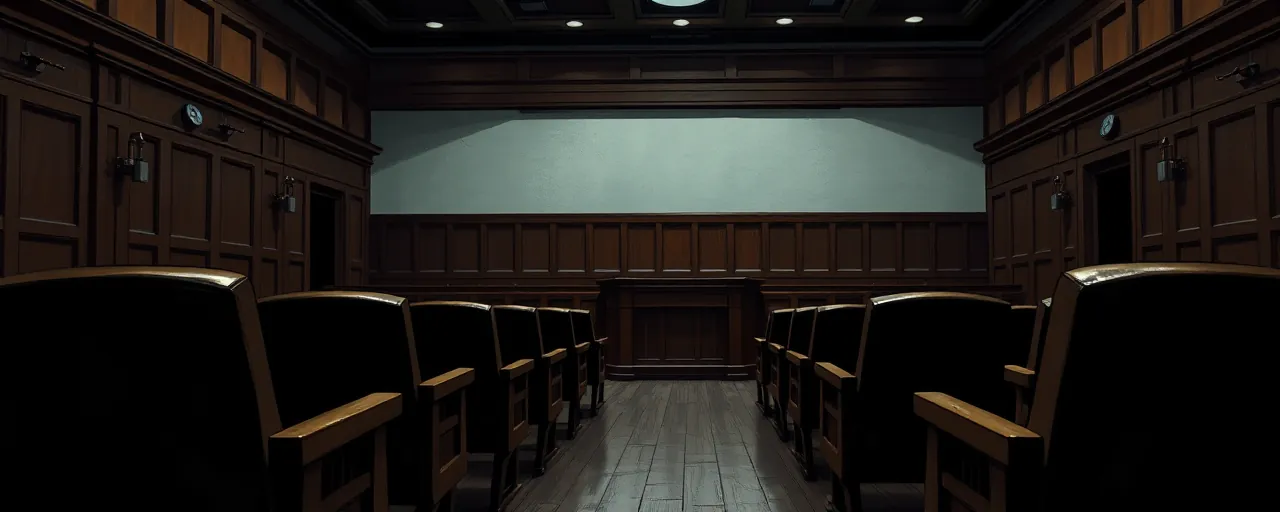A Rare Window Into Guantanamo’s Legal Arena
Journalists have a chance to witness a pivotal moment in the long-running saga of Guantanamo Bay’s military commissions. The Department of Defense has invited media to cover the pre-trial proceedings of Encep Nurjaman, a man accused of orchestrating deadly bombings in Indonesia in 2002 and 2003. Set for June 23-27, 2025, these hearings will unfold at the Expeditionary Legal Complex on Naval Station Guantanamo Bay, Cuba, a site synonymous with the U.S.’s complex fight against international terrorism.
For those unable to make the trek to the remote base, a closed-circuit television feed will beam the proceedings to Fort Meade, Maryland. It’s a practical move, cutting the $800 round-trip airfare and logistical hurdles for reporters. Yet, this invitation arrives against a backdrop of persistent questions about the military commissions’ effectiveness and openness, issues that have dogged the process since its inception after the 9/11 attacks.
The Case at Hand
Encep Nurjaman, often referred to by his alias Hambali, stands accused of masterminding the 2002 Bali bombings that killed 202 people and a 2003 attack on a Jakarta hotel claiming 12 lives. Captured in Thailand in 2003, he’s been held at Guantanamo since 2006, his case inching through a labyrinth of legal challenges. The Department of Defense frames this hearing as a step toward accountability, but the slow pace, nearly two decades on, underscores broader struggles in prosecuting terrorism suspects outside traditional courts.
The military commissions allow reporters to focus solely on the hearings, with strict rules barring coverage of the base’s detention facilities or other operations. This tight control reflects a decades-long tension between national security and public access, a balance that’s rarely tilted toward transparency. For journalists opting for the Fort Meade feed, a 40-second delay ensures classified details stay under wraps, though past instances of unexplained muting have left some questioning what’s being hidden.
A System Under Scrutiny
Since their creation in 2001 by President George W. Bush, the military commissions have secured just eight convictions, several later overturned. High-profile cases, like that of Khalid Sheikh Mohammed, accused of planning the 9/11 attacks, remain mired in pre-trial disputes over evidence tainted by torture and classified information. Advocates for the commissions argue they’re essential for handling sensitive cases unfit for federal courts, while detractors point to the glacial progress and legal setbacks as proof of a flawed system.
Recent efforts to finalize plea deals in some cases have sparked debate. Supporters say it could expedite justice and reduce costs at a facility that’s among the priciest per detainee worldwide, thanks to its isolation and self-sustaining infrastructure. Yet, opposition from senior officials and victims’ families highlights a deeper divide over whether such resolutions honor the gravity of the crimes or sidestep accountability.
Beyond the Courtroom
Guantanamo’s role has evolved beyond terrorism detention. The base now doubles as a migrant holding site, with plans to house up to 30,000 people amid a policy shift under President Donald Trump. Over 1,000 troops support this expansion, a stark pivot from its War on Terror origins. This dual purpose amplifies the base’s logistical demands, from desalination plants to independent power grids, all while legal battles over detainee and migrant rights simmer in the background.
For the media, covering Nurjaman’s hearing offers a glimpse into a system wrestling with its past and present. The CCTV option broadens access, a nod to reform, but restrictions linger. Reporters have long criticized limited document access and censored broadcasts, arguing these barriers cloud public understanding of cases with global stakes. The Office of Military Commissions insists it’s committed to facilitating coverage, yet the line between security and secrecy remains blurry.
Looking Ahead
As June approaches, the Nurjaman proceedings will test the military commissions’ ability to deliver justice under a spotlight. The case ties into a broader fight against terrorism, where groups like ISIL adapt with technology and exploit regional chaos, keeping prosecution efforts on their toes. International frameworks urge blending human rights into these strategies, but at Guantanamo, the focus stays narrow, tethered to security imperatives that often overshadow calls for openness.
What unfolds in that Expeditionary Legal Complex, or flickers across screens in Maryland, won’t just shape Nurjaman’s fate. It’ll ripple into debates about how nations confront terrorism without losing sight of fairness or accountability. For readers new to this tangle, it’s a real-world puzzle with no easy answers, where every step forward drags a heavy history behind it.
